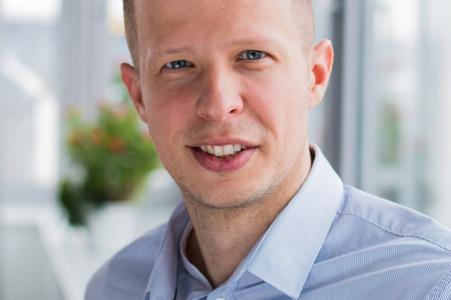The shared service and business service sector remains the third largest of the Slovak economy and keeps growing. Nevertheless, the lack of talent curbs its growth while several centres complain about a dramatic increase in costs. On the other hand, automation, robotisation and artificial intelligence is making them more efficient.
“Shared service centres are here, they are successful and growing. They are encountering some hurdles, but they are trying to overcome them,” said Gabriel Galgóci, chair of the Business Service Center Forum (BSCF), a sectoral organisation running under the American Chamber of Commerce in Slovakia, during the eighth annual BSCF conference in Bratislava on September 28. “When we look at global trends, this sector in Slovakia is not only resilient and able to adapt to new conditions, as proven during the Covid pandemic, but it’s also able to generate ideas, produce new products and send them out into the world. I believe that its future is bright and positive.”

The sector’s employees kept growing in 2022. The headcount of BSCS members increased by 1 percent year-on-year to 37,843. For comparison, one year earlier, the number of employees increased by 4.3 percent. Galgóci attributes this low growth dynamics to slowdown in the economy and a worsening demographic, with fewer children being born on the one hand, and the more intensive introduction of automation and robotisation on the other.
“Since we lack talented people in Slovakia while globally scarce, and the academic world can’t generate as much talent as the sector needs and demographics are playing a role to some extent, we need to look for other, more creative and more efficient ways to operate,” he said. He indicated that if there had been enough talent available, the headcount growth last year would have been higher. “Nevertheless, the sector keeps growing.”


 A positive news is that shared service and business service centres are scattered across whole Slovakia. (source: Courtesy of AmCham)
A positive news is that shared service and business service centres are scattered across whole Slovakia. (source: Courtesy of AmCham)